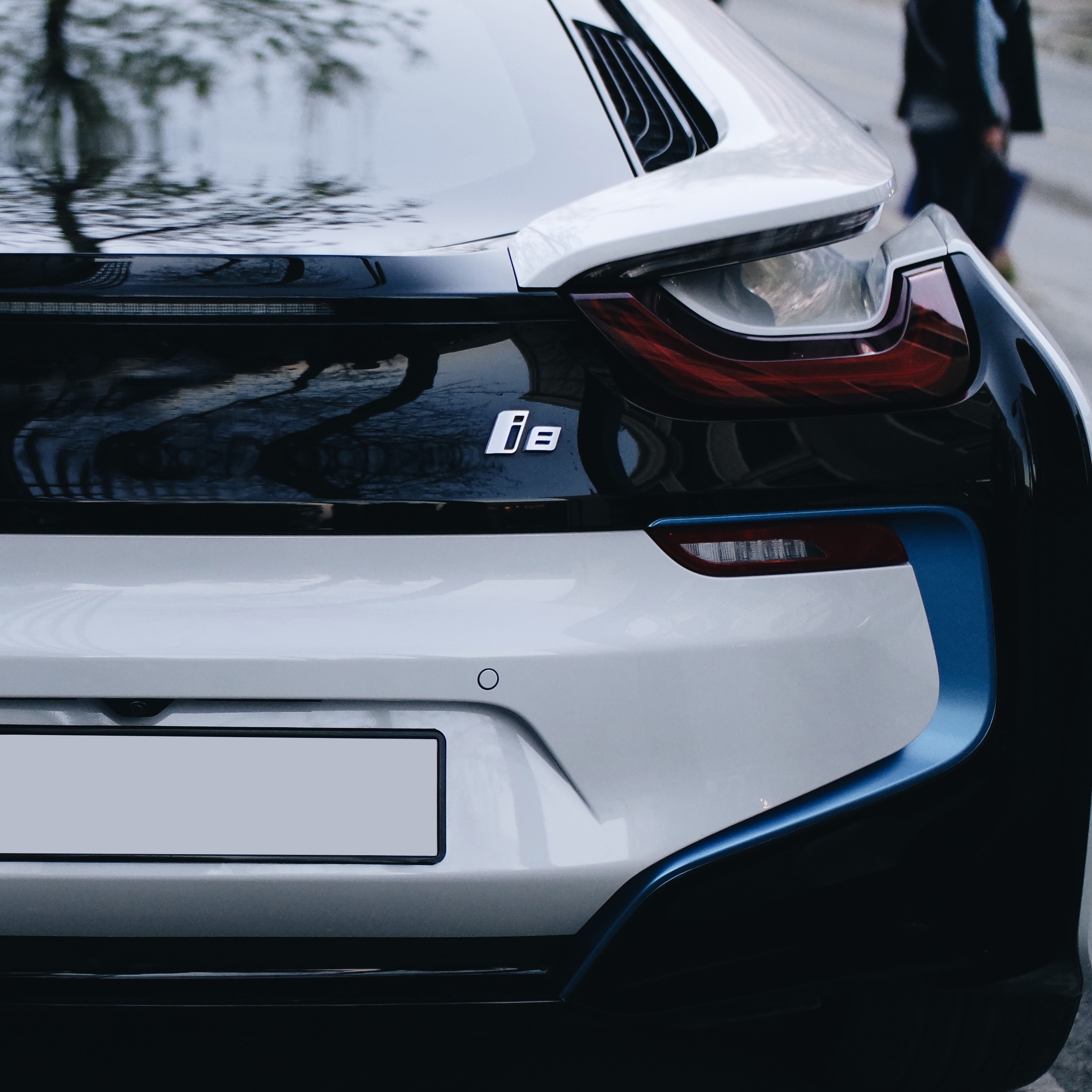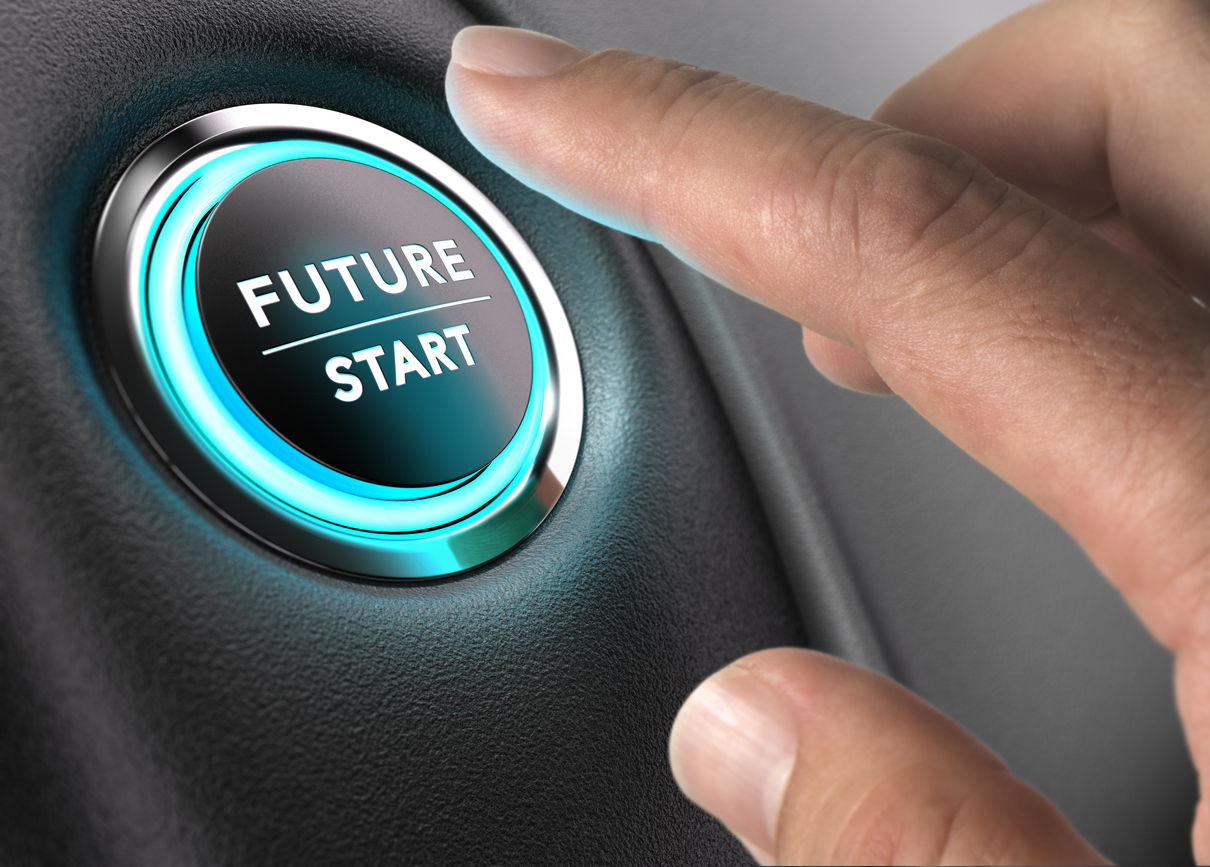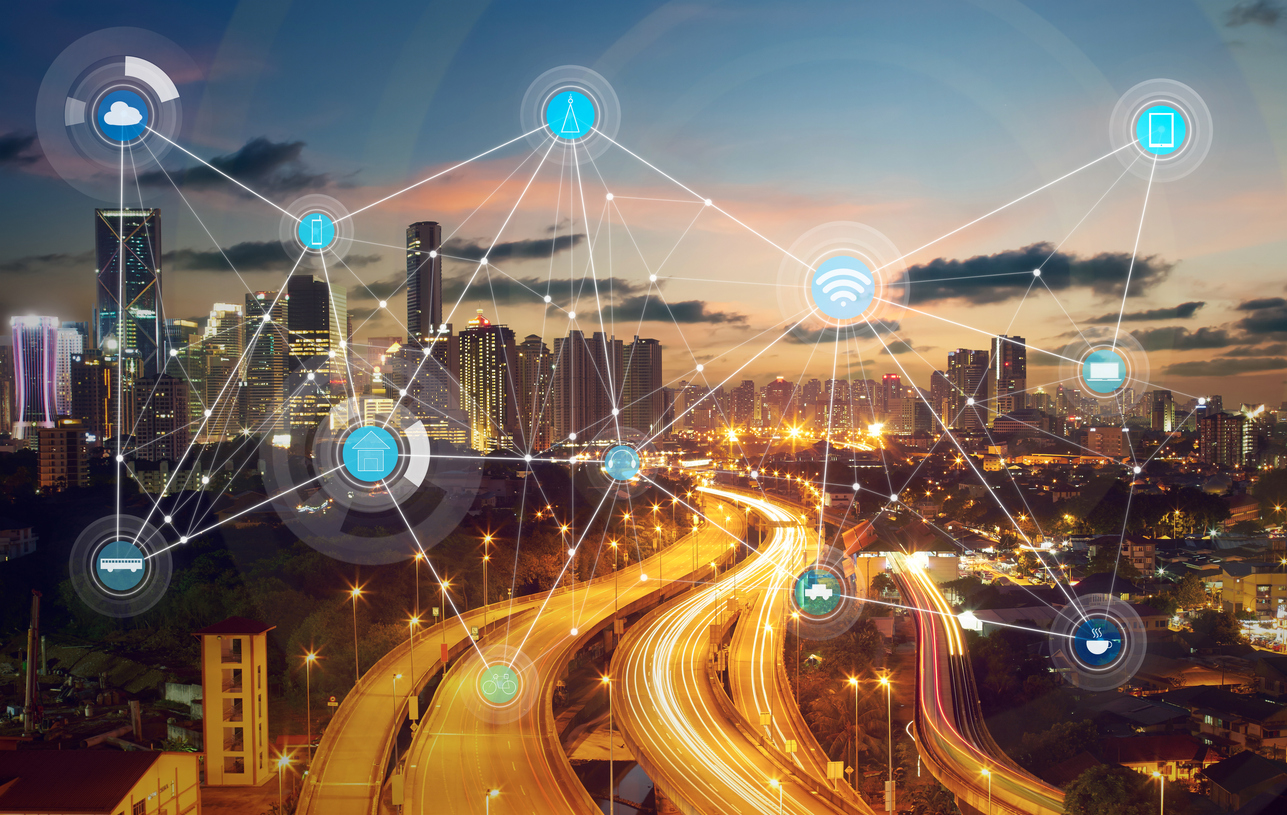3 min read
Honchō Scoops Up Two UK Search Awards!
It’s official, we've added not one, but two shiny trophies to our awards cabinet! We’re over the moon to share that we’ve triumphed at the UK Search...
Over the last couple of weeks, the automotive industry has been showcasing the latest trends and technology at a series of prestigious motor shows. The Commercial Vehicle Show, AM DigiTech and the London Motor Show are just three that have demonstrated the vast array of innovative releases that will impact the market over the coming months and years. Inspired by what was on show, we’ve taken a look at the latest trends to impact the automotive industry and picked out those that we feel will be most influential.
Tesla, led by billionaire CEO Elon Musk, are changing the way we think about driving. Using a combination of built-in cameras and radar, the Tesla Model S boasts technology that takes us to the point of almost complete autonomy within a motor vehicle. Active Cruise Control, which monitors the car in front of you, will maintain your speed at a safe distance, speeding up, slowing down and even applying the brake when necessary.

Tesla vehicles also feature an Autopilot system which will maintain your position on the road, steering for you as you travel and rendering your role as the driver as almost superfluous to the journey. Tesla’s radar system is so sophisticated you can even rely on the Model S to change lanes on the motorway for you, as long as you remember to indicate!
With such heavy focus on climate change, fossil fuels and sustainable energy, the 21st century could prove to be the dawn of a new age in motoring. Tesla might be the poster child for the electric car but there is a revolutionary movement afoot, sparking the release of a range of new electric vehicles.

The BMW i3, Nissan Leaf and the Volkswagen E-Golf each represent a sustainable alternative to the popular family hatchback and enter the market at competitive prices. Should you want to explore the possibilities of premium electric vehicles, you can opt for the BMW i8 and the Tesla Model S, while the electric revolution has even had heavy influence in the world of the supercar! The Porsche 918, McLaren P1 and Ferrari LaFerrari each demonstrate the latest hybrid technology to bring together electric and combustion engines to create a new breed of supercar. Vive la révolution!
The world is more connected now than ever before, with wireless connections allowing us to micro-manage our entire lives at the touch of the button. The latest automotive technology will only strengthen that connectivity, with many cars beginning to supply a wireless internet connection. The new Vauxhall Corsa offers a 4G Wi-Fi hotspot that supports up to seven devices at one time.
It won’t be long before this technology is ubiquitous, either. Ford, Toyota and other automotive giants have launched an infotainment system that connects to both Apple iOS and Google Android, opening up an entire new world of in-car apps and entertainment. Ford have even gone as far as to announce that some of its cars will use Amazon Echo and the virtual assistant Alexa, so you can elicit control over your vehicle with a series of voice commands.

Autonomous vehicles and artificial intelligence feel like the next great frontier standing in the way of human progress. The race to produce the first truly driverless car is being contested between the giants of the tech and automotive industries. Google, Samsung, Apple and Baidu are facing off against GM, Ford and Uber in a battle to develop truly innovative technology.
With government-approved testing set to begin in South Korea, Samsung aims to develop the technology for a driverless vehicle that includes artificial technology so they can determine how a car might adapt to treacherous weather conditions or unforeseen obstacles. If we are on the cusp of developing such innovative technology then we can forget the impact on the automotive industry, the advent of AI could alter the course of human history.
Developing a network of connected cars allows for the advent of big data within the automotive world. Big data can understand driving trends and consumer behaviour, as well as influencing our roads and infrastructure. For example, big data will allow companies to track speeding, traffic trends, misuse of vehicles and accident rates in order to monitor and improve the use of our road network.
This network can generate an incredible amount of information and as more and more cars become connected, we can use this information to send out warnings to road users regarding traffic, potential hazards and even the most efficient route for a particular journey. Big data can support civil engineers and influence the design of safer and more efficient road networks by understanding how the current one is used, where the flaws lie and how we can improve it.

2017 won’t bring us flying cars (…and I won’t get to live out my fantasy of living in the Jetsons!), but there is still plenty to get excited about. Technology has become an irrepressible force of nature in modern life, changing and bending the world around us to its will. For the most part, each of us would agree that life is better when we’re connected. We can communicate instantly, share memories at the touch of the button and stay in control of our lives like never before.
Now it is the turn of the automotive world. As an industry that shaped the course of the 20th century will now be thrust firmly into the 21st, the world waits with baited breath to see what impact such a seismic collision will have on an uncertain future.

3 min read
It’s official, we've added not one, but two shiny trophies to our awards cabinet! We’re over the moon to share that we’ve triumphed at the UK Search...

5 min read
Understand ecommerce attribution models which attribution models can maximise your marketing efforts and ROI.

3 min read
Explore how social commerce is changing the way we shop online, blending social interactions with digital commerce for a seamless buying experience.